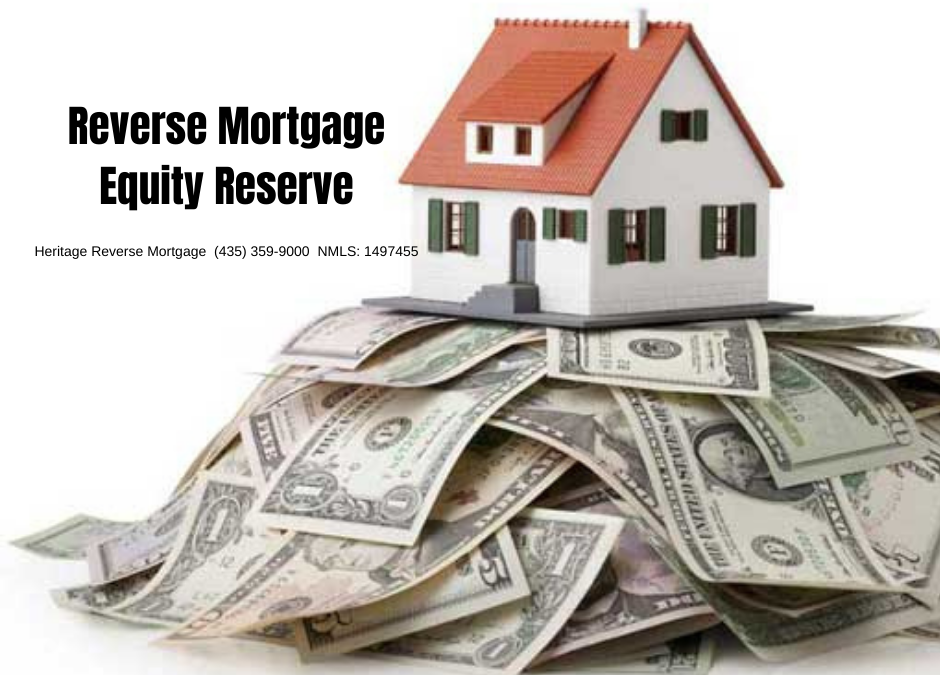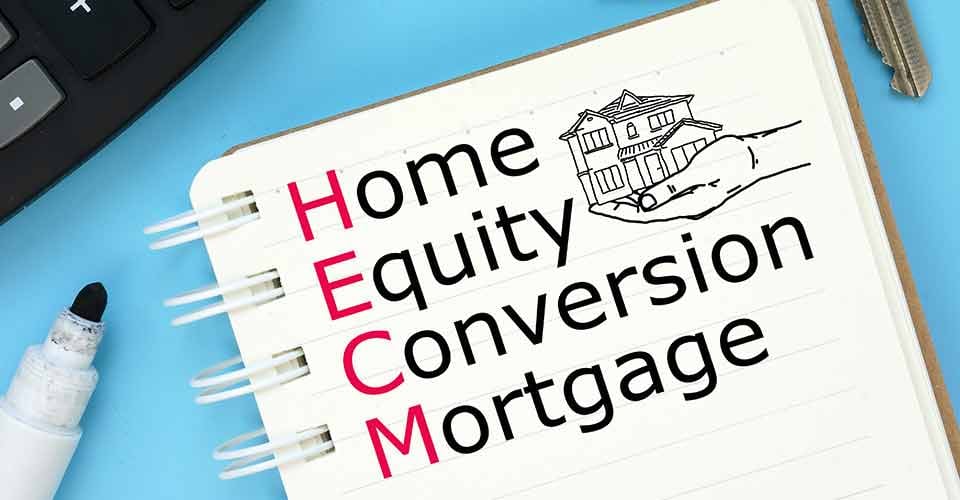Simple Guide for Applying for Equity Release Mortgages
Simple Guide for Applying for Equity Release Mortgages
Blog Article
Checking Out the Different Sorts Of Equity Release Mortgages Available Today
Equity Release mortgages existing numerous choices for house owners aged 55 and over. equity release mortgages. These monetary items accommodate different needs and choices, enabling people to accessibility funds from their residential property. From lifetime mortgages to shared gratitude mortgages, each kind provides unique advantages. Recognizing these choices is crucial for making notified decisions. What factors should one think about when choosing one of the most suitable equity Release plan? The information that follow might clarify this essential topic
Recognizing Equity Release Mortgages
Equity Release home loans supply homeowners, commonly those aged 55 and over, with a way to access the worth bound in their residential or commercial property without requiring to offer it. This economic option permits people to convert a part of their home equity right into cash, which can be utilized for various functions, such as home improvements, repaying financial debts, or financing retirement.Equity Release can take various forms, however it basically involves loaning versus the value of the home while preserving ownership. House owners can choose to obtain a round figure or a collection of smaller sized repayments, relying on their financial needs and preferences.Additionally, the quantity offered for Release is influenced by the residential property's worth, the property owner's age, and specific loan provider requirements. On the whole, understanding equity Release mortgages is essential for homeowners to make educated choices regarding tapping into their home's equity while considering the long-lasting ramifications.
Lifetime Mortgages
Life time mortgages represent one of one of the most prominent types of equity Release. This financial product permits property owners, generally aged 55 or older, to borrow against the value of their home while preserving possession. The financing, which is secured against the home, builds up interest in time however does not call for regular monthly settlements. Instead, the car loan and built up passion are paid back when the property owner dies or relocates into long-term care.Lifetime home mortgages supply flexibility, as borrowers can pick to obtain a lump sum or go with a drawdown facility, accessing funds as required. Significantly, lots of plans come with a no-negative-equity guarantee, ensuring that consumers will certainly never owe more than the value of their home. This attribute supplies satisfaction, permitting people to enjoy their retired life without the worry of diminishing their estate. On the whole, life time home loans serve as a practical choice for those looking for financial assistance in later life.
Home Reversion Plans

Drawdown Life Time Mortgages
While several house owners look for ways to access their riches, drawdown life time home mortgages offer a flexible choice that enables people to Release funds progressively. This kind of equity Release home loan makes it possible for property owners to borrow against the value of their building while retaining ownership. Unlike conventional lifetime home loans, drawdown strategies permit consumers to access a portion of their equity upfront and withdraw added funds as required, approximately a predetermined limit.This feature can be particularly beneficial for those who wish to manage their financial resources meticulously, as it reduces passion accumulation by just billing passion on the amounts drawn. In addition, drawdown life time home loans usually feature a "no unfavorable equity warranty," making certain that consumers will never ever owe greater than their home's worth. This choice fits senior citizens that want economic safety and versatility, enabling them to fulfill unanticipated costs or maintain their lifestyle without needing to sell their building.
Boosted Lifetime Mortgages
Enhanced Life time Home loans offer distinctive benefits for eligible homeowners looking for to Release equity from their homes. Understanding the qualification requirements is vital, as it determines who can take advantage of these specialized financings. However, it is additionally crucial to evaluate the possible disadvantages related to boosted options, making sure a well-rounded viewpoint on their use.
Eligibility Standards Described
Comprehending the qualification criteria for Improved Life time Mortgages is vital for prospective applicants seeking to access the equity in their homes. Typically, applicants have to be aged 55 or older, as this age requirement is typical in the equity Release market. Home owners should possess a property valued at a minimum threshold, which can vary by lending institution. Importantly, the home has to be their main house and in good condition. Lenders typically analyze the homeowner's health and wellness standing, as certain health conditions may improve eligibility and benefits. Additionally, candidates need to not have existing substantial financial debts secured against the home. Fulfilling these standards allows individuals to check out Improved Lifetime Home loans as a feasible alternative for accessing funds tied up in their homes.
Benefits of Enhanced Home Mortgages
After making clear the qualification criteria, it becomes apparent that Enhanced Lifetime Home mortgages supply several significant advantages for homeowners looking to utilize their residential or commercial property equity. Mostly, they supply access to a larger financing amount contrasted to conventional life time home loans, benefiting those with health problems or age-related variables that enhance their life expectancy danger. This boosted borrowing capability permits homeowners to meet numerous monetary needs, such as home renovations or retirement expenses. In addition, these home loans usually come with adaptable settlement alternatives, allowing borrowers to handle their finances extra effectively. The no-negative-equity guarantee additionally guarantees that home owners will never ever owe more than their property's value, providing satisfaction. Overall, Improved Lifetime Home mortgages provide an engaging option for qualified homeowners seeking economic services.
Possible Drawbacks Thought About
While Improved Lifetime Home loans offer various advantages, potential downsides call for mindful consideration. One considerable problem is the influence on inheritance; the equity launched minimizes the worth of the estate left to beneficiaries. Furthermore, these home mortgages can build up considerable interest gradually, bring about a significant financial debt that may exceed the original financing quantity. There might likewise be constraints on building alterations or rental, restricting property owners' adaptability. Enhanced products typically call for details health and wellness conditions, indicating not all property owners will certainly certify. Lastly, handling the fees and costs associated with these home loans can be complex, potentially leading to unanticipated prices. Because of this, individuals ought to completely assess their circumstance and click here for more info get in touch with monetary advisors prior to continuing.
Shared Admiration Home Mortgages
Shared Gratitude Home loans stand for an one-of-a-kind monetary arrangement that allows house owners to accessibility equity while sharing future building worth enhances with the loan provider. This strategy supplies possible benefits such as decreased monthly payments, yet it additionally includes drawbacks that must be carefully taken into consideration. Comprehending the eligibility demands is vital for those thinking about this option.
Principle Summary
Equity Release home mortgages, especially in the type of shared gratitude home loans, use property owners an unique economic option that enables them to access funds by leveraging the worth of their home. In this arrangement, a loan provider supplies a finance to the property owner, which is commonly paid back via a share of the home's future admiration in value. This indicates that when the home owner offers the building or passes away, the loan provider obtains a portion of the raised worth, rather than just the first lending amount. Shared recognition home mortgages can be appealing for those seeking to supplement their earnings or money significant expenses while retaining ownership of their home. The financial implications of common gratitude should be thoroughly considered by potential consumers.
Disadvantages and benefits
Although shared recognition home loans can offer considerable economic benefits, they additionally include noteworthy drawbacks that possible consumers must think about. These mortgages enable property owners to accessibility equity in their residential or commercial properties while sharing a section of any kind of future gratitude with the lender. This arrangement can be helpful during times of increasing residential or commercial property values, supplying substantial funds without regular monthly settlements. The primary downside is the potential loss of equity; house owners might end up with appreciably lowered inheritance for successors. In addition, the complexity of the terms can result in misconceptions pertaining to settlement responsibilities and the portion of admiration owed. Therefore, it is crucial for borrowers to consider these variables very carefully prior to devoting to a shared appreciation home mortgage.
Eligibility Needs
What criteria must home owners satisfy to get approved for a common admiration mortgage? Primarily, candidates need to go to the very least 55 years old, guaranteeing they are within the target market for equity Release items. In addition, the building has to be their main residence and usually valued above a defined minimum threshold, usually around ? 100,000. Lenders likewise assess the property owner's financial conditions, including earnings check out here and arrearages, to identify they can take care of the home mortgage sensibly. Importantly, the residential or commercial property must remain in good problem and without substantial legal encumbrances. House owners ought to additionally have a clear understanding of the terms, including just how recognition will be shared with the lending institution upon sale or transfer of the building, as this affects general returns.
Choosing the Right Equity Release Alternative

Frequently Asked Concerns
What Age Do I Need to Be for Equity Release?
The age requirement for equity Release commonly starts at 55 for the majority of strategies. However, some service providers may supply options for those aged 60 and above, mirroring differing terms based on specific situations and lending institution policies.
Will Equity Release Affect My Inheritance?
Equity Release can impact inheritance, as the amount obtained plus passion reduces the estate's value. Successors may get much less than anticipated, depending upon the residential property's gratitude and the overall financial debt at the time of passing.
Can I Move Home With Equity Release?
The inquiry of relocating house with equity Release develops frequently. Usually, individuals can transfer their equity Release plan to a brand-new building, but particular conditions might apply, needing appointment with the lender for assistance.
Are There Charges Connected With Equity Release Mortgages?
Fees linked with equity Release mortgages can include arrangement fees, valuation costs, and lawful prices. In addition, there might be very early settlement costs, which can impact the overall cost and financial implications for the borrower.
How Does Equity Release Influence My Tax Obligation Circumstance?
Equity Release can influence one's tax obligation circumstance by potentially increasing taxed earnings, as released funds are considered funding. It usually does not incur prompt tax liabilities, making it necessary to speak with a monetary expert for customized guidance.
Verdict
In summary, the variety of equity Release home mortgages readily available today provides homeowners aged 55 and over numerous paths to access their home's value - equity release mortgages. Whether going with a lifetime home loan, home reversion strategy, or other options, each option presents unique advantages tailored to individual economic demands. Cautious factor to consider and consultation with a monetary consultant are vital to guarantee the chosen equity Release remedy aligns with economic circumstances and individual objectives, eventually assisting in educated decision-making for a safe and secure economic future. Equity Release home mortgages existing various options for property owners aged 55 and over. Equity Release home loans supply house owners, typically those aged 55 and over, with a means to access the value connected up in their property without needing to sell it. Improved Lifetime Home loans use distinctive benefits for qualified homeowners seeking to Release equity from their residential properties. Equity Release home loans, specifically in the form of shared appreciation home mortgages, supply homeowners an unique financial solution that allows them to access funds by leveraging the worth of their residential or commercial property. In summary, the variety of Web Site equity Release mortgages available today supplies home owners aged 55 and over several paths to access their residential property's value
Report this page